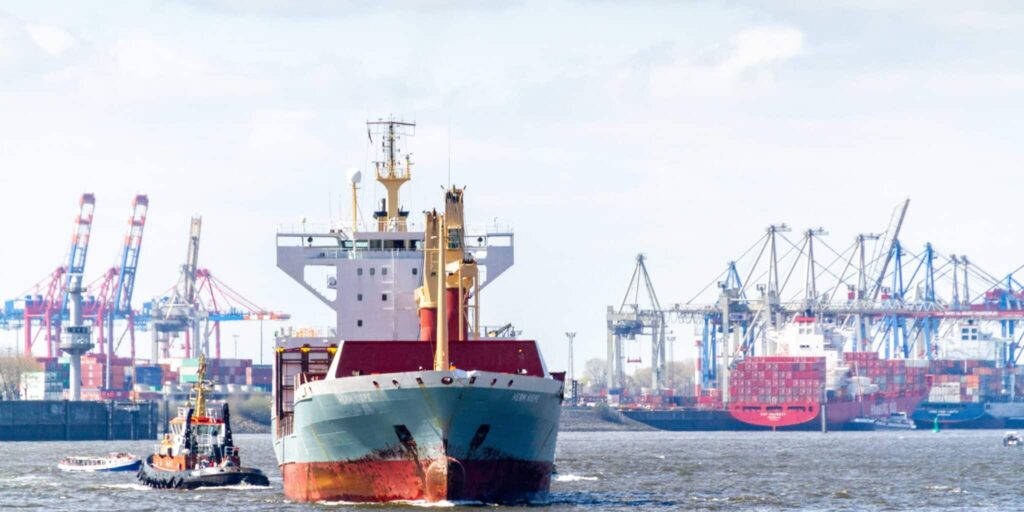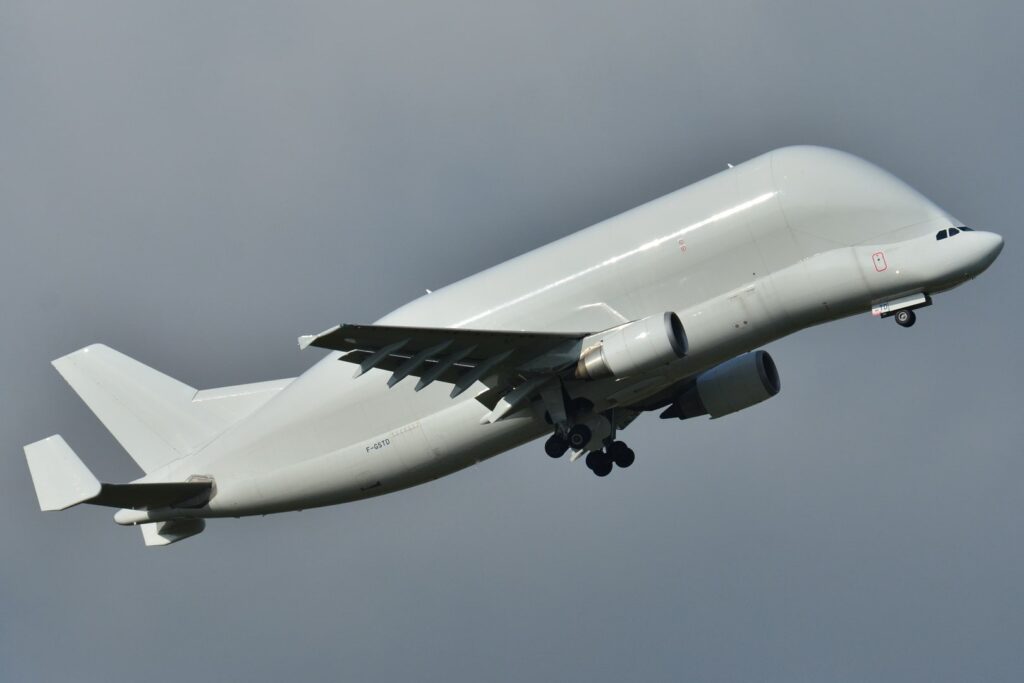Global trade between China and Canada continues to expand, but importers face challenges when they ship China to Canada. Costs, customs, and delivery times can feel overwhelming. This guide simplifies everything by breaking down methods, rates, transit times, and real case studies, helping businesses optimize logistics with confidence.
What Are the Main Shipping Methods from China to Canada?
mporters can choose from sea freight, air freight, rail freight, and courier services. Each offers advantages and trade-offs.
| Method | Transit Time | Cost Level | Best For | Pros | Cons |
|---|---|---|---|---|---|
| Sea Freight | 25–40 days | Lowest | Bulk cargo, full containers | Economical, large volume capacity | Slow, peak season delays |
| Air Freight | 5–9 days | High | Urgent, high-value goods | Fast, secure | Expensive for large shipments |
| Rail Freight | 20–28 days (via USA) | Medium | Medium cargo, time-sensitive | Balanced cost and speed | Limited direct access to Canada |
| Courier/Express | 3–7 days | Highest | Small parcels, e-commerce | Door-to-door, tracking, reliability | High per-kg cost |
📌Sea freight is cheapest for containers, air freight ensures speed, rail offers balance, and courier is ideal for parcels.
How Much Does It Cost to Ship China to Canada?
Shipping costs vary by container size, method, and season. Below is an overview of average rates.
| Container Type | Average Cost (USD) | Route Example |
|---|---|---|
| 20GP | $2,200–$2,600 | Shanghai → Vancouver |
| 40GP | $3,800–$4,300 | Shenzhen → Toronto |
| 40HQ | $4,000–$4,500 | Ningbo → Montreal |
| Air Freight | $5–$7 per kg | Guangzhou → Toronto |
| Rail Freight | $3,200–$3,800/20GP | Xi’an → Chicago → Toronto |
📌Sea freight offers the lowest per-unit costs, while air freight is priced by weight and rail balances cost with speed.
How Long Does Shipping Take from China to Canada?
Transit times differ by method and destination.
| Destination Port/Airport | Sea Freight | Air Freight | Rail Freight (via USA) | Courier |
|---|---|---|---|---|
| Vancouver | 25–28 days | 5–6 days | 20–22 days | 3–5 days |
| Toronto | 30–35 days | 6–8 days | 22–25 days | 4–6 days |
| Montreal | 32–38 days | 6–9 days | 24–28 days | 4–7 days |
📌Vancouver is fastest by sea, Toronto and Montreal take longer. Air and courier options dramatically reduce transit times.
What Customs Documents Are Required for Canada?
Importing goods requires accurate paperwork to avoid delays.
- Commercial Invoice
- Packing List
- Bill of Lading or Air Waybill
- Certificate of Origin
- HS Codes classification
- Canada Customs Invoice (CCI)
- Importer Business Number (BN)
- Permits for restricted goods
📌Missing or inaccurate customs documents can cause costly delays. Ensure all paperwork is prepared before departure.
Should You Ship FCL or LCL When Using Sea Freight?
| Aspect | FCL (Full Container) | LCL (Less than Container Load) |
|---|---|---|
| Cargo Volume | Best for >15 CBM | Best for <15 CBM |
| Cost Efficiency | Lower cost per unit | Higher cost per unit |
| Risk | Lower, no cargo mixing | Higher, due to shared space |
| Flexibility | Less flexible | More flexible for small shipments |
📌FCL is best for large shipments, while LCL offers flexibility for small import volumes.
What Are the Pros and Cons of Each Freight Option?
| Mode | Pros | Cons |
|---|---|---|
| Sea | Cheapest, large capacity | Long transit time |
| Air | Fastest, reliable | Expensive |
| Rail | Balanced speed and cost | Indirect routes into Canada |
| Courier | Simple, door-to-door, ideal for parcels | Very high per-kg cost |
📌Select a freight mode based on cargo type, urgency, and budget.
Do Duties and Taxes Apply When Shipping from China to Canada?
es. Canada applies customs duties, tariffs, and GST/HST on imports.
- Customs Duties: Based on HS code, average 0–20%.
- GST/HST: 5% federal tax plus provincial rates (up to 15%).
- Excise Tax: Applies to alcohol, tobacco, and fuel products.
📌Importers must budget for duties and GST/HST, which vary by product classification and province.

Real Case Examples of Shipping from China to Canada
Case 1 – Sea Freight (FCL)
- Route: Shanghai → Vancouver
- Cargo: 1x40HQ electronics
- Cost: $4,200
- Transit Time: 30 days
- Mode: Sea Freight
- Outcome: Lowest cost per unit, required customs clearance and warehouse storage.
Case 2 – Air Freight (Urgent)
- Route: Shenzhen → Toronto Airport
- Cargo: 1,200kg fashion apparel
- Cost: $7,800
- Transit Time: 7 days
- Mode: Air Freight
- Outcome: Higher cost, ensured on-time seasonal launch.
Can Incoterms Affect Shipping Costs to Canada?
Yes, Incoterms define responsibilities and cost allocation.
- FOB: Seller delivers goods to port, buyer pays freight.
- CIF: Seller covers freight and insurance.
- DDP: Seller covers all costs until delivery in Canada.
📌Choosing the right Incoterm affects cost visibility and responsibility for risk.
Should Canadian Importers Work with Freight Forwarders?
Freight forwarders coordinate suppliers, carriers, and customs, saving time and money. Their benefits include:
- Competitive rates via carrier networks
- Documentation support to avoid clearance delays
- Real-time tracking for supply chain visibility
- Risk management and insurance services
📌Freight forwarders simplify the shipping process, reduce costs, and minimize risks.
Conclusion
Shipping between China and Canada involves multiple freight options, each with distinct costs, transit times, and requirements. Sea freight is the most economical, air freight provides unmatched speed, and rail freight balances both. Courier services suit e-commerce and small parcels. Duties, GST/HST, and customs paperwork must be managed carefully. Real case studies illustrate practical outcomes for importers. To ship China to Canada efficiently, selecting the right mode, Incoterm, and freight partner is critical for success.
- Consult TJ China Freight Forwarding for the lowest quote. They will provide you with reliable, cost-effective service.
FAQs
Q1.What is the cheapest way to ship small goods from China to Canada?
LCL sea freight from China to Canada is cheapest for small shipments, offering flexibility and lower costs for importers.
Q2.How can I reduce air freight costs from China to Canada?
Consolidating cargo and booking early helps reduce air freight from China to Canada, saving money for urgent deliveries.
Q3.Do I need a Business Number to import goods from China to Canada?
Yes, a Canadian Business Number is required for customs clearance of imports from China to Canada.
Q4.Can hazardous goods be shipped from China to Canada?
Hazardous goods shipping from China to Canada requires certified carriers, special packaging, and strict compliance documentation.
Q5.How long does customs clearance take in Canada for China shipments?
Customs clearance for China to Canada shipments typically takes one to three days, depending on paperwork accuracy.




